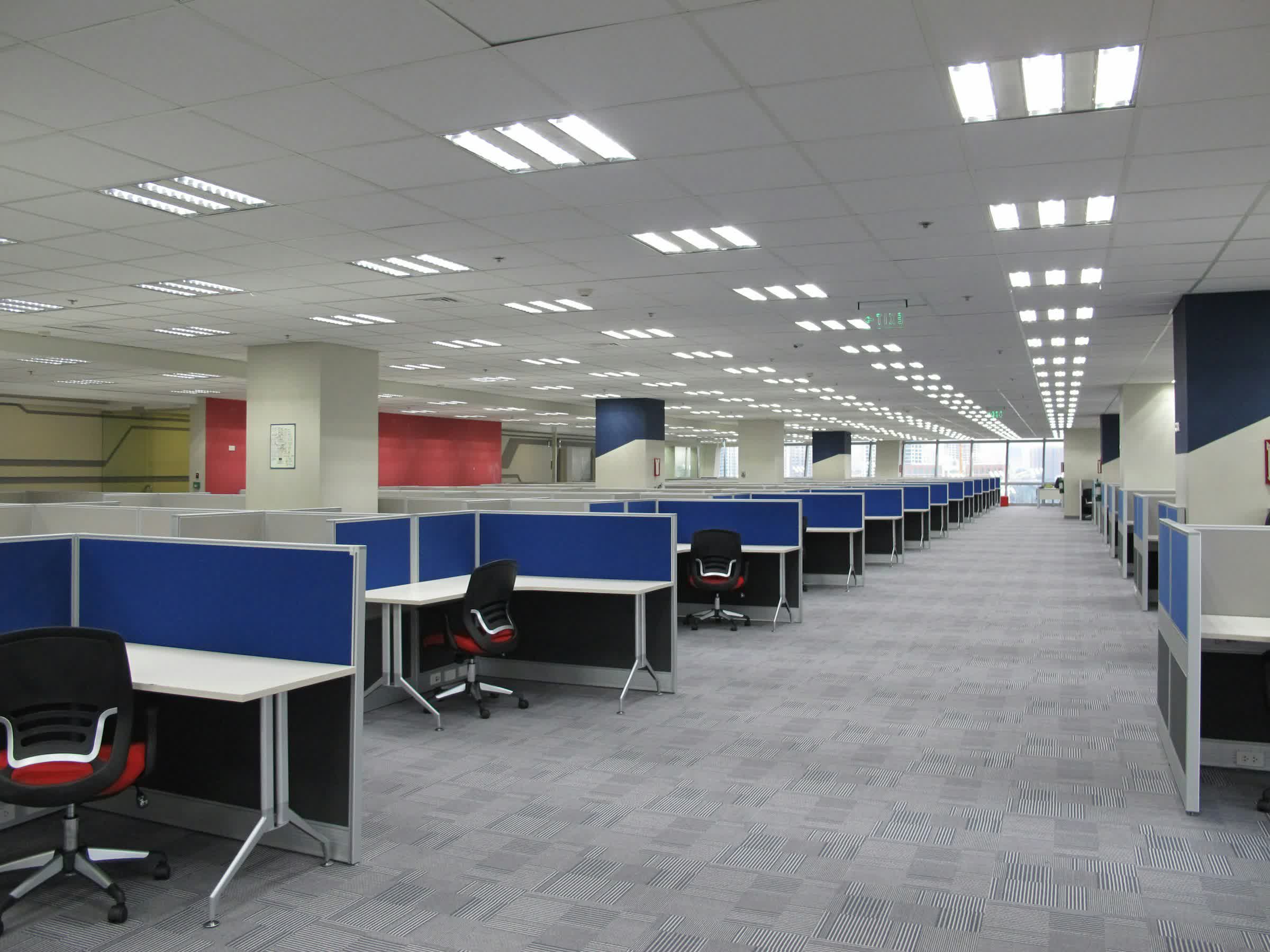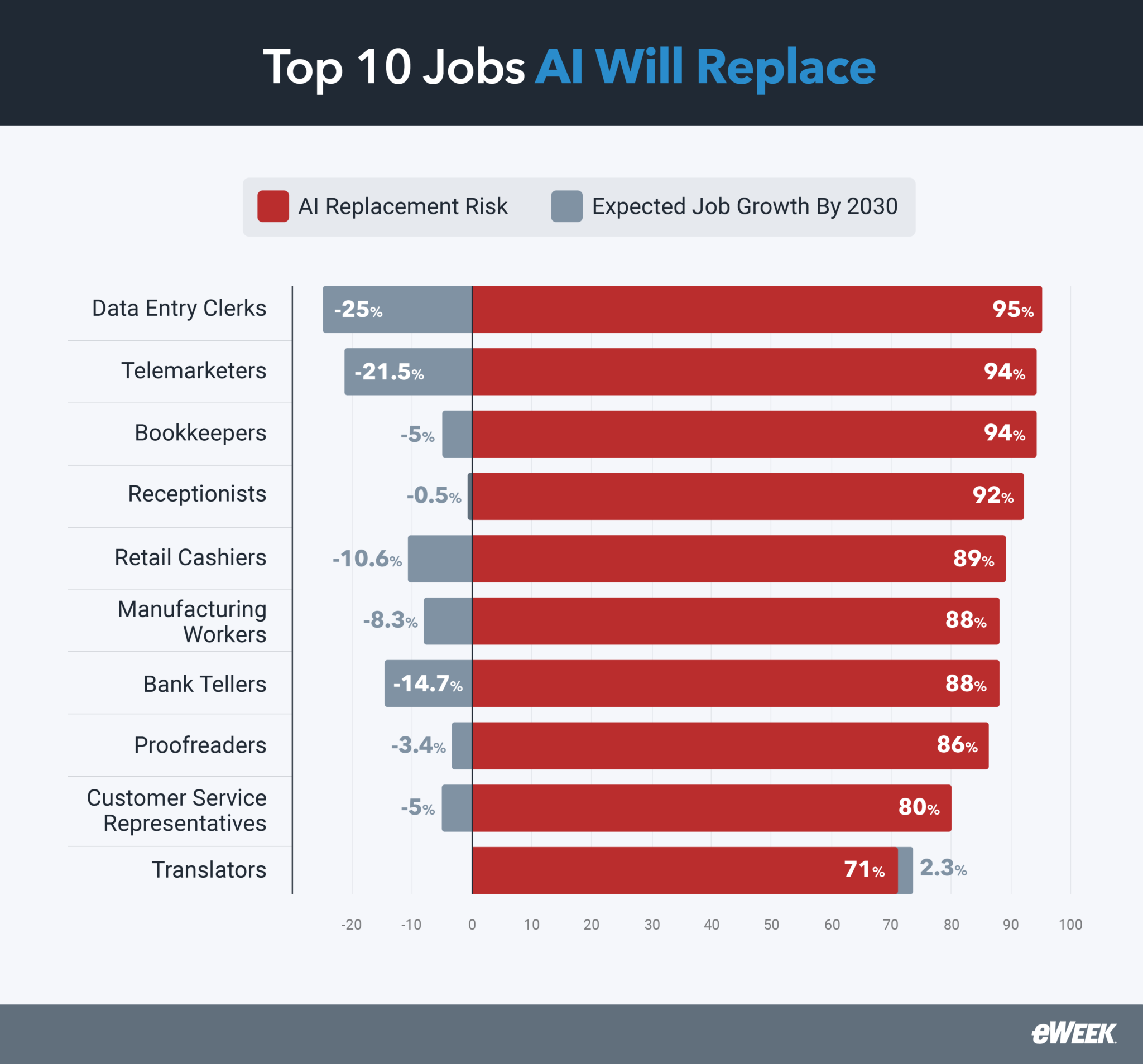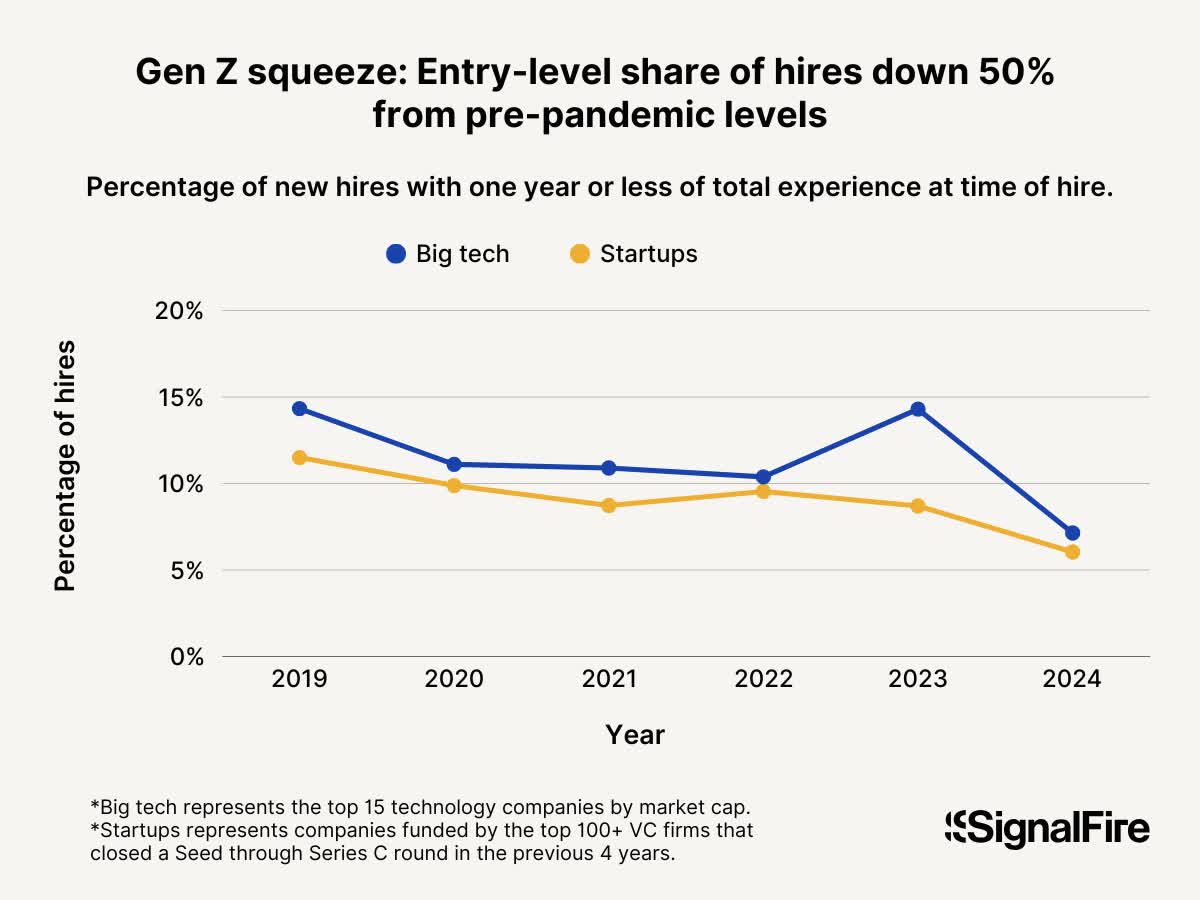What just happened? Hearing people warn about the danger that generative AI presents to the global job market is concerning enough, but it's especially worrying when these ominous predictions come from those behind the technology. Dario Amodei, CEO of Anthropic, believes that AI could wipe out about half of all entry-level white-collar jobs in the next five years, leading to unemployment spikes up to 20%.
Amodei made his comments during an interview with Axios. He said that AI companies and the government needed to stop "sugar-coating" the potential mass elimination of jobs across technology, finance, law, consulting and other white-collar professions, with entry-level jobs most at risk.
Amodei said he was making this warning public in the hope that the government and other AI giants such as OpenAI will start preparing ways to protect the nation from a situation that could get out of hand.
"Most of them are unaware that this is about to happen," Amodei said. "It sounds crazy, and people just don't believe it."
The CEO's comments are backed up by reports into the state of the jobs market. The US IT job market declined for the second year in a row in 2024. There was also a report from SignalFire that found Big Tech's hiring of new graduates is down by over 50% compared to the pre-pandemic levels of 2019. Startups, meanwhile, have seen their hiring of new grads fall by over 30% during the same period.
We're also seeing huge layoffs across multiple tech companies, a large part of which can be attributed to AI replacing workers' duties.
The one bit of good news for workers is that some firms, including Klarna and Duolingo, are finding that the subpar performance of these bots and the public's negative feelings toward their use are forcing companies to start hiring humans again.
Amodei's Anthropic AI firm is playing its own part in all this, of course. The company's latest Claude 4 AI model can code at a proficiency level close to that of humans – it's also very good at lying and blackmail.
"We, as the producers of this technology, have a duty and an obligation to be honest about what is coming," Amodei said. "I don't think this is on people's radar."
The AI arms race in this billion-dollar industry is resulting in LLMs improving all the time. And with the US in a battle to stay ahead of China, regulation is rarely high on the government's agenda.
AI companies tend to claim that the technology will augment jobs, helping people become more productive. That might be true right now, but it won't be long before the systems are able to replace the people they are helping.
Amodei says the first step in addressing the problem is to make people more aware of what jobs are vulnerable to AI replacement. Helping workers better understand how AI can augment their jobs could also mitigate job losses, as would more government action. Or there's always OpenAI CEO Sam Altman's solution: universal basic income, though that will come with plenty of issues of its own.
Masthead: kate.sade
AI could erase half of all entry-level white-collar jobs within five years, warns Anthropic CEO


